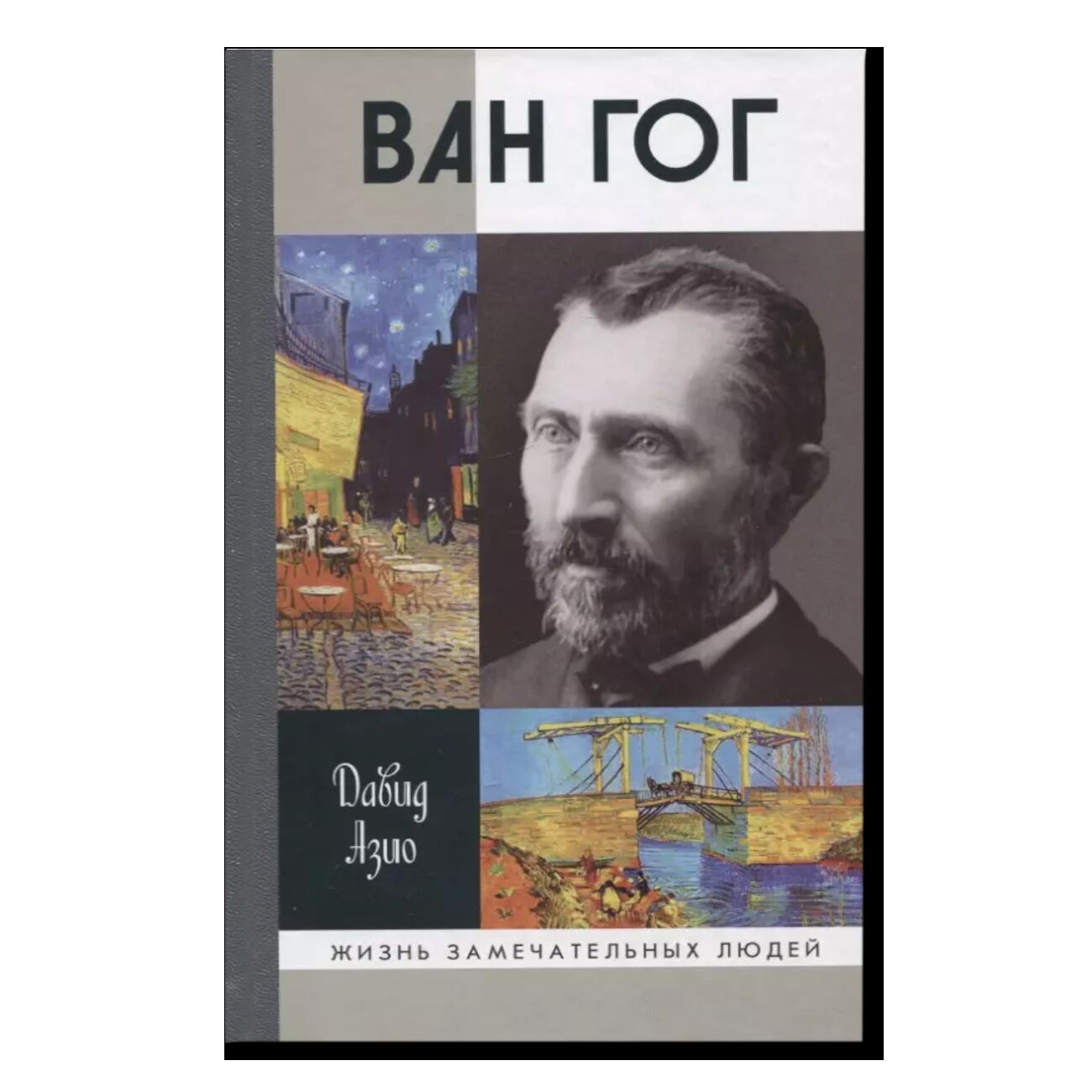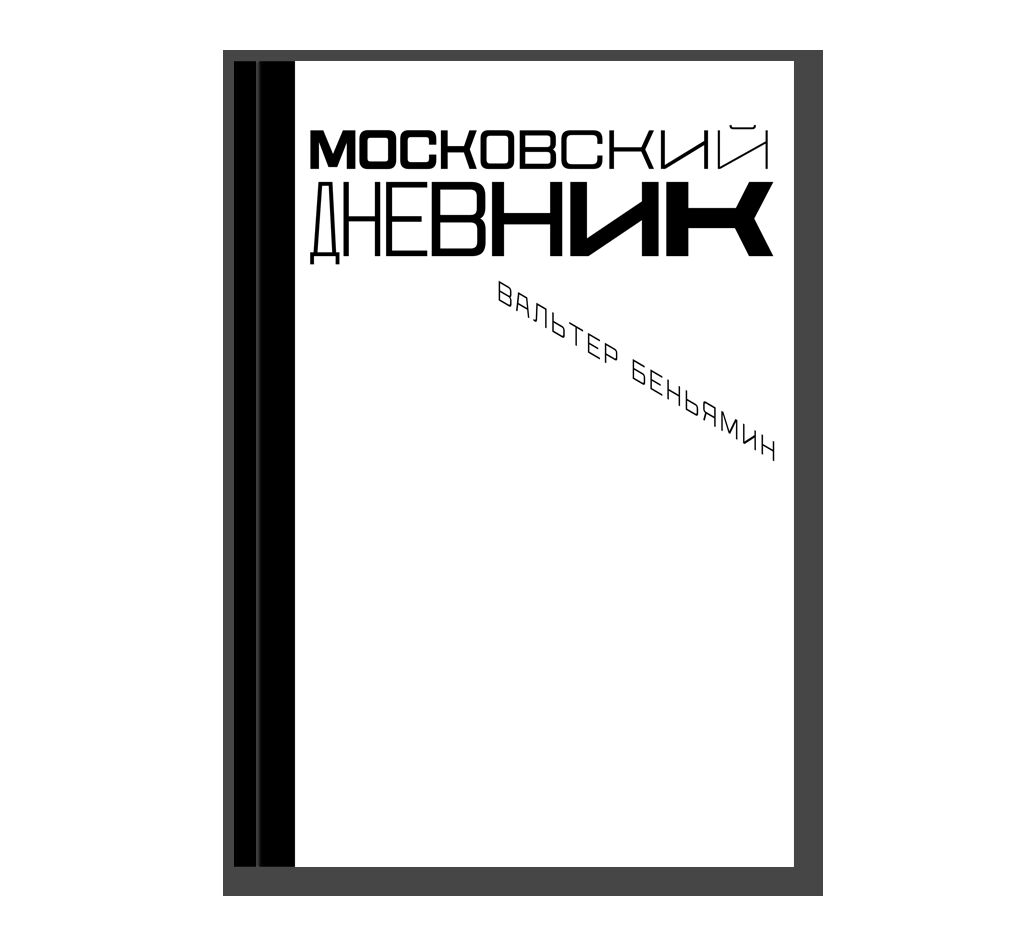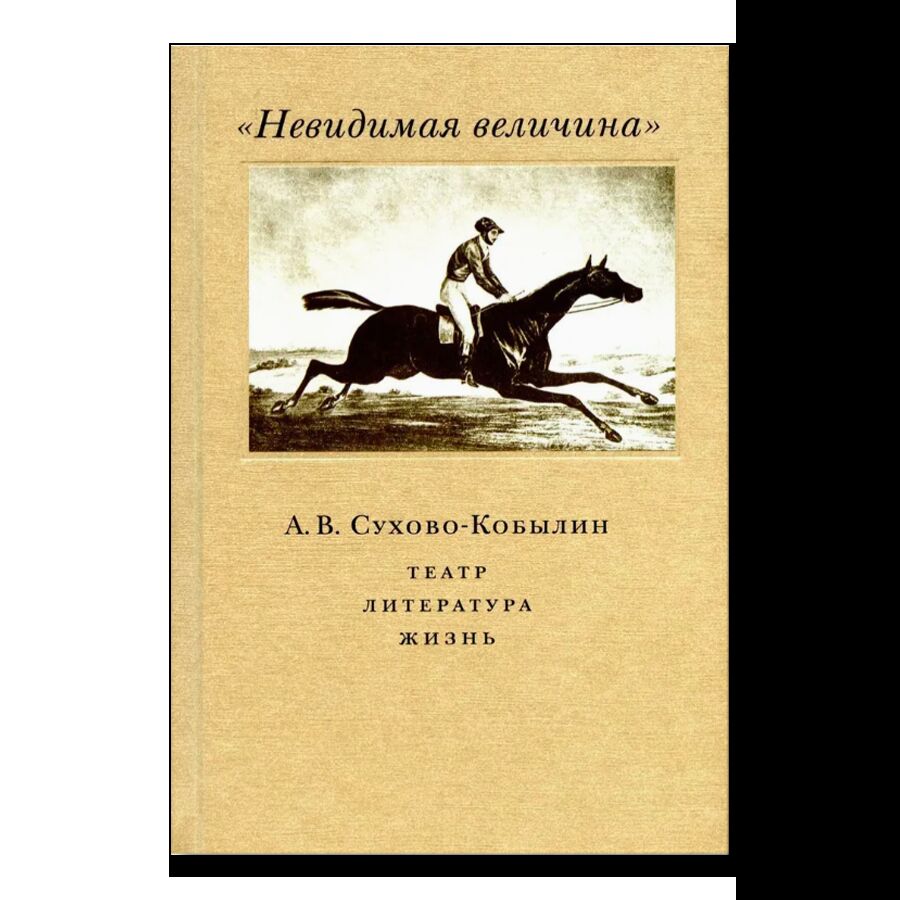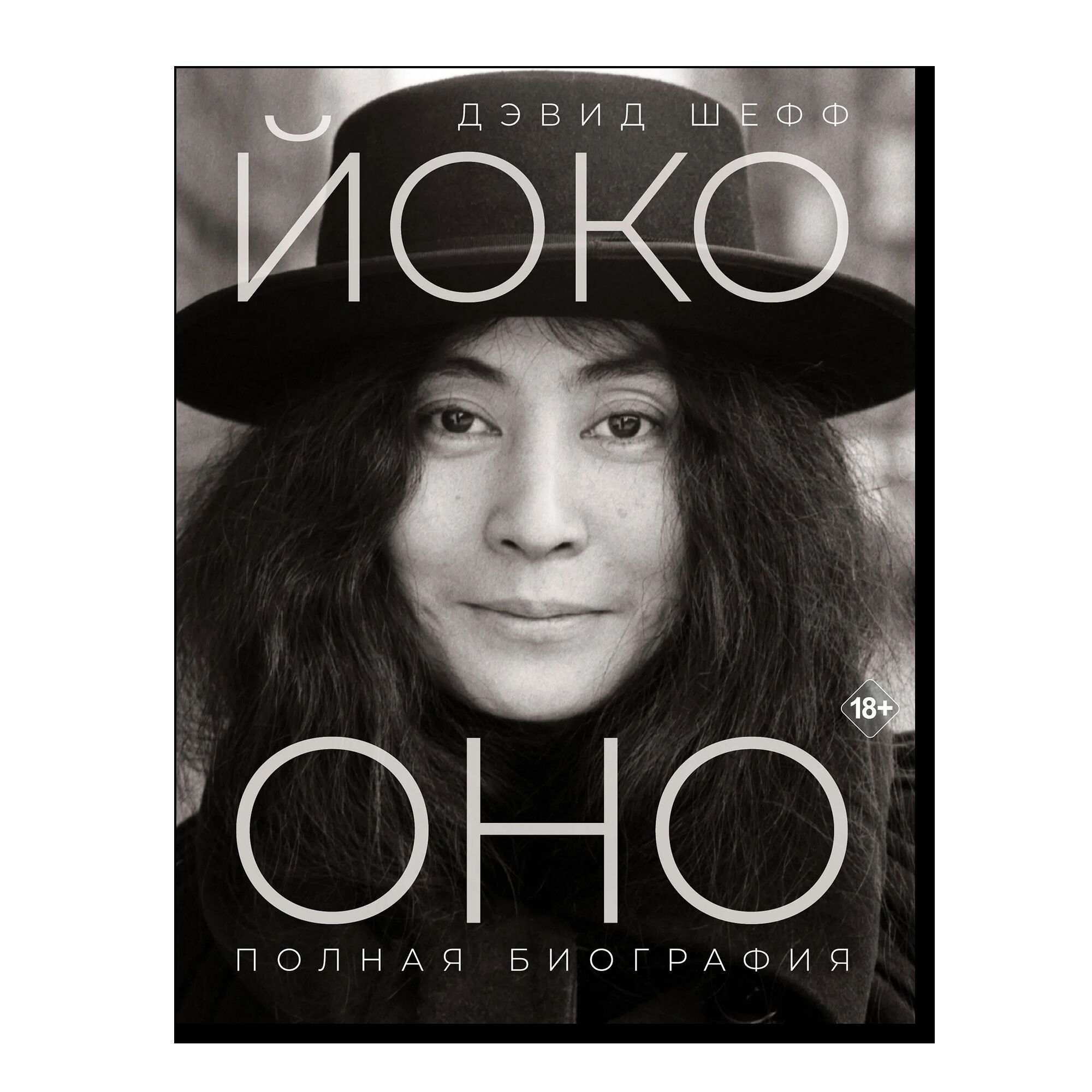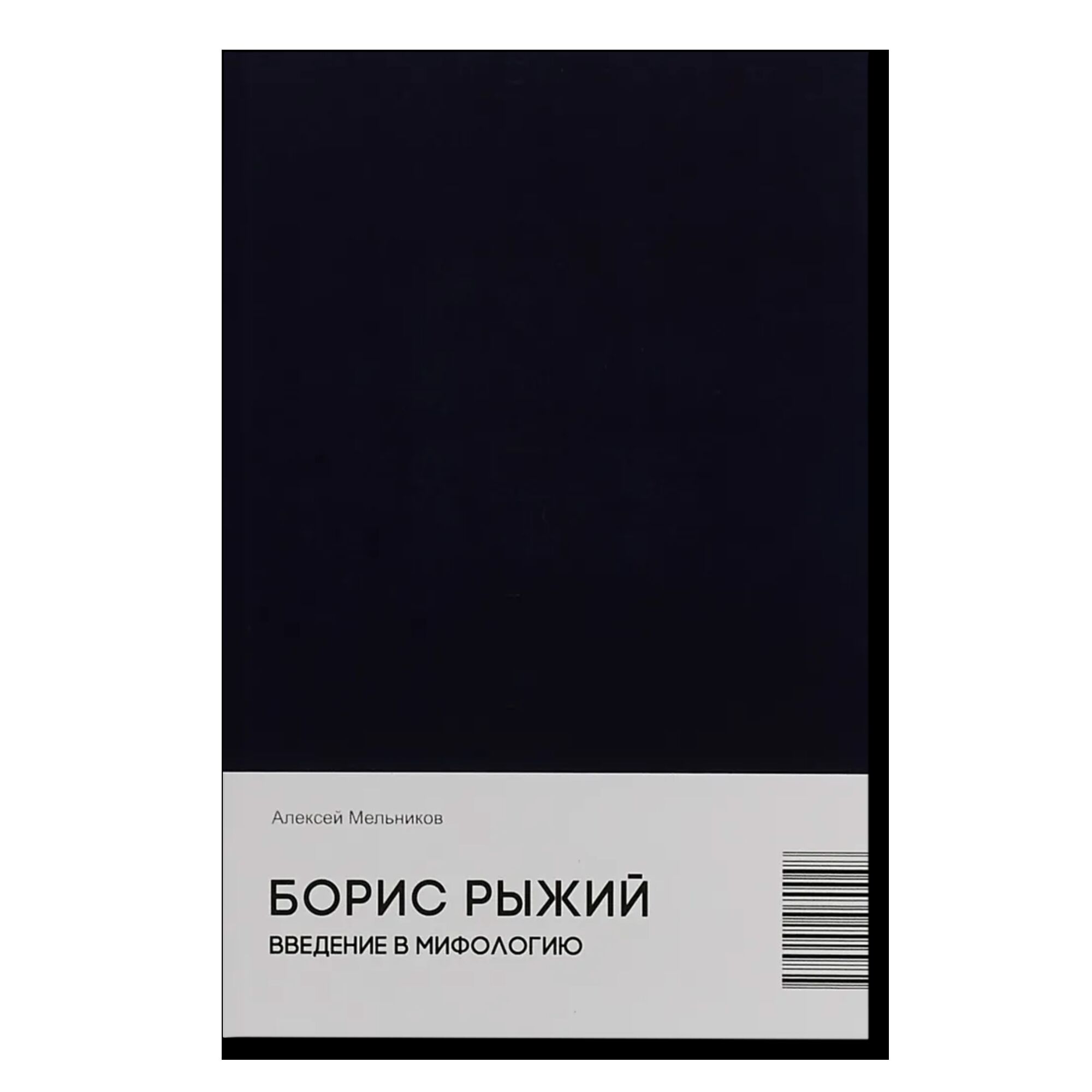Moscow Diary
- Year: 2020
- Language: Russian
- Publisher: Ad Marginem
- ISBN: 9785911035457
- Page: 264
- Cover: paperback
- About the Book
Walter Benjamin’s series of essays about Moscow and Russian culture during the 1920s. The book was adapted from the diaries Benjamin wrote during his visit to Moscow during the winter of 1926-1927.
Walter Benjamin is one of the most influential cultural philosophers of the 20th Century. His essay The Work of Art in the Age of Mechanical Reproductionremains one of the central texts in understanding the role of art within an industrial society.
In the winter of 1926-27, Benjamin spent two months in Moscow, where he kept a detailed diary that served as the basis for a series of essays about Moscow and Russian culture. His brief visit to Moscow was instigated by his infatuation with Asia Lacis – a Latvian actress and communist whom he had met on the island of Capri at the beginning of the 1920s. Benjamin’s close friend – and the first publisher of the diary – Gershom Scholem, regards the story of this failed romance to be ‘the most personal, fully and mercilessly sincere document telling us about a very important period in the life of Benjamin’. Yet the meaning of this work is not limited to biographical detail; Benjamin was also a shrewd observer who came to Moscow to observe a country where there is an ‘intensity of being [that] has no analog in Europe’. His text provides a fascinating evocation of mid 1920s Russia.
In his Moscow Diary Benjamin describes the cultural life of the 1920s, including the persecution of Meyerhold and the split between ‘right’ and ‘left’ proletarian writers. His work also reveals an interest in the events of public and private everyday life; he describes visits to workers’ clubs, people’s courts, factories and the Sukharevsky market. He writes about street peddlers, homeless children and beggars, Moscow pubs and trams.
Benjamin constantly switches between realistic descriptions and elaborate metaphors; he writes about the importance of Soviet geographical maps as a new, almost sacral iconography, describes the Russian people’s peculiar attitude towards time, Russian fatalism and the uniquely Russian concept of endless ‘repairs’.
